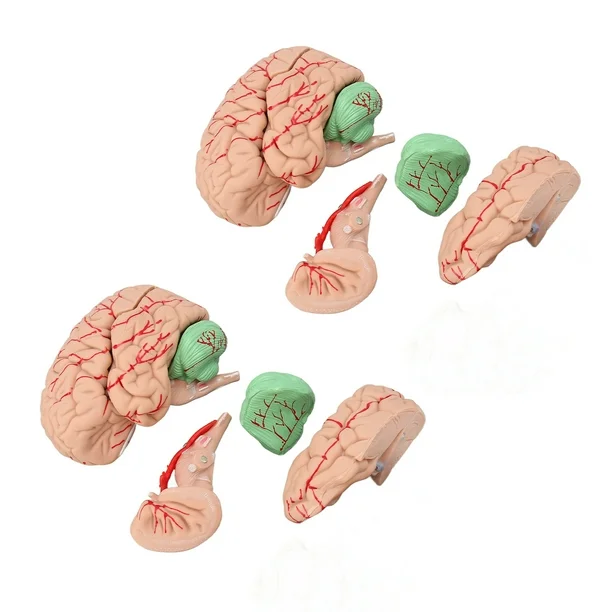Understanding Brain Fog: Causes and Solutions
Brain fog is becoming a common phenomenon. Many people experience it without understanding the underlying causes. This cognitive cloudiness can manifest in various ways, including confusion, lack of focus, and difficulty concentrating. Identifying the reasons behind brain fog is crucial to effectively addressing the issue. Numerous factors can contribute to this mental state, making it essential to analyze them closely.
Lifestyle Factors Contributing to Brain Fog
One significant contributor to brain fog is lifestyle choice. Poor sleep patterns can severely impact cognitive function. Quality sleep is vital for brain health; when sleep is inadequate, brain performance declines. Furthermore, nutrition plays a vital role. Diets lacking essential nutrients can lead to deficiencies. Such deficiencies can result in brain fog and reduced mental clarity.
Another lifestyle factor is physical inactivity. Regular exercise promotes blood flow to the brain. This increase improves cognitive function and mental clarity. Conversely, a sedentary lifestyle can lead to cognitive decline. Therefore, it becomes imperative to incorporate regular physical activity into daily routines. Even small changes, like taking walks, can have a positive effect.
Stress management also plays a crucial role in maintaining mental clarity. High stress levels can disrupt consistent cognitive function. Stress triggers the release of hormones that impact focus and concentration. Implementing stress-reduction techniques, such as meditation, yoga, or simply taking breaks, can mitigate these effects. By managing stress, maintaining cognitive health becomes more attainable.
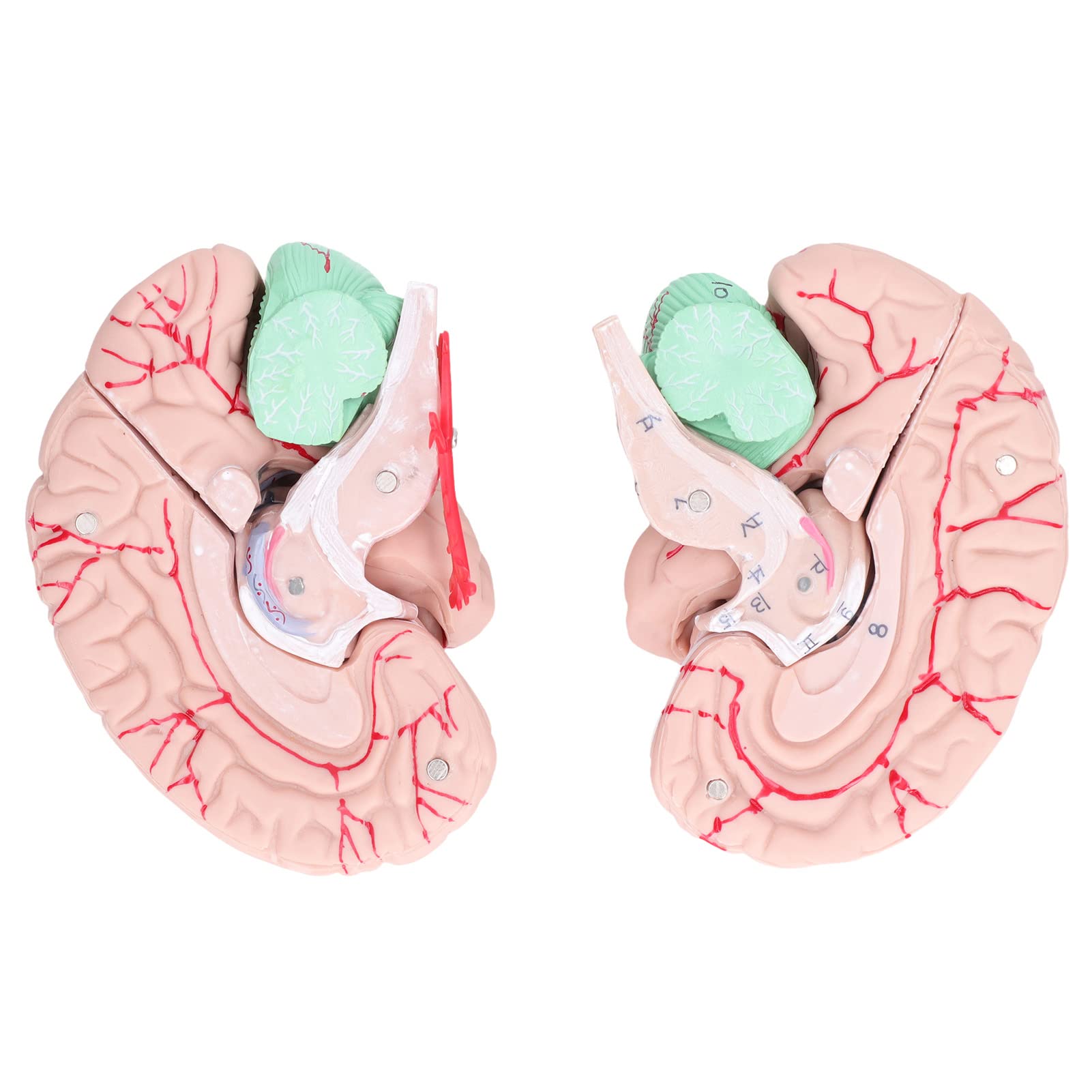
Medical Conditions Leading to Brain Fog
Certain medical conditions can also lead to brain fog. For instance, thyroid disorders can affect mental clarity. An underactive thyroid, or hypothyroidism, slows down numerous bodily functions, including cognitive processes. As a result, individuals may experience brain fog symptoms. Regular check-ups can help identify and address such conditions early.
Moreover, autoimmune diseases often contribute to cognitive issues. In conditions like lupus or multiple sclerosis, inflammation can affect brain function. This inflammation leads to widespread cognitive challenges, including memory issues. Seeking timely medical support for these conditions remains essential to manage brain fog effectively.
Additionally, hormonal changes may affect mental clarity. For example, women going through menopause often experience cognitive fog. Hormonal fluctuations during this period can cause emotional changes that impact concentration. Awareness and education about these changes can help individuals navigate these challenging phases.
Psychological Influences on Brain Fog
Mental health significantly impacts brain function. Conditions such as anxiety and depression frequently lead to brain fog. Anxiety can exacerbate cognitive difficulties, making it hard to focus or process information. Similarly, depression often leaves individuals feeling mentally drained. Both scenarios hinder daily functioning and reduce productivity.
Therapy and counseling can provide valuable support for those experiencing mental health-related brain fog. Professional guidance helps identify underlying issues contributing to cognitive difficulties. Furthermore, medication may help regulate mood and improve cognitive clarity. Seeking help should not be viewed as a weakness; it is a proactive step towards improved mental health.
Moreover, mindfulness practices can effectively combat brain fog. Simple breathing exercises can ground individuals. This grounding increases awareness and promotes clear thinking. Implementing these practices into daily routines enhances focus and reduces mental clutter. Consistency in mindfulness activities fosters a clearer mind.
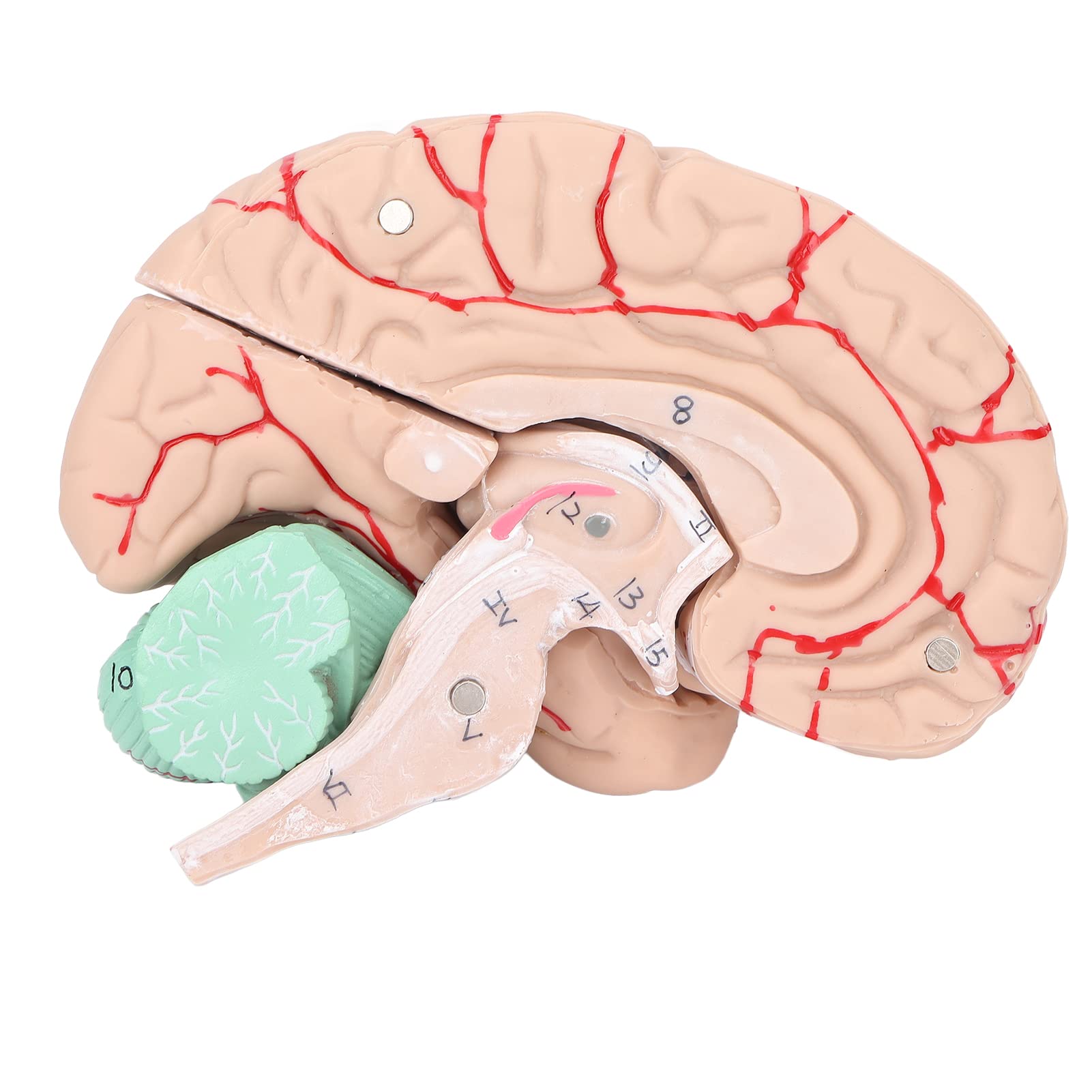
Environmental Factors Affecting Cognitive Function
Environmental factors can significantly influence cognitive function. Exposure to toxins, for example, can lead to mental cloudiness. Chemicals found in everyday products, such as cleaning agents and pesticides, may impact cognitive health. Reducing exposure to harmful substances contributes to overall mental clarity.
Moreover, digital overload also plays a role in brain fog. Constant connectivity through screens leads to mental fatigue. Individuals can find it challenging to focus when bombarded with notifications and information. Setting boundaries around screen time is crucial for enhancing cognitive abilities. Staying mindful of digital consumption can minimize mental fog.
Noise pollution is another environmental factor linked to cognitive difficulties. Studies show that high noise levels impede concentration. Excessive background noise can lead to distractions and diminished productivity. Finding quiet spaces for work and relaxation can combat this issue effectively.
Nutrition: Fueling the Brain for Clarity
Nutrition directly affects cognitive function. Balanced diets rich in whole foods enhance brain health. Nutrients such as omega-3 fatty acids support cognitive performance. Consuming leafy greens, nuts, and fatty fish can improve mental clarity. Each meal should prioritize nutrient-dense ingredients for optimal brain health.
Hydration is another crucial element. Dehydration can cause significant cognitive impairments. A well-hydrated brain functions better, leading to improved focus and memory. Including water-rich foods and beverages throughout the day helps maintain hydration levels. Making hydration a priority supports sustained mental clarity.
Moreover, avoiding excessive sugar and processed foods is essential. These food types can lead to energy crashes and cognitive fog. Instead, whole grains, fruits, and vegetables should form the foundation of meals. Implementing these nutritional changes promotes overall brain health and reduces brain fog.
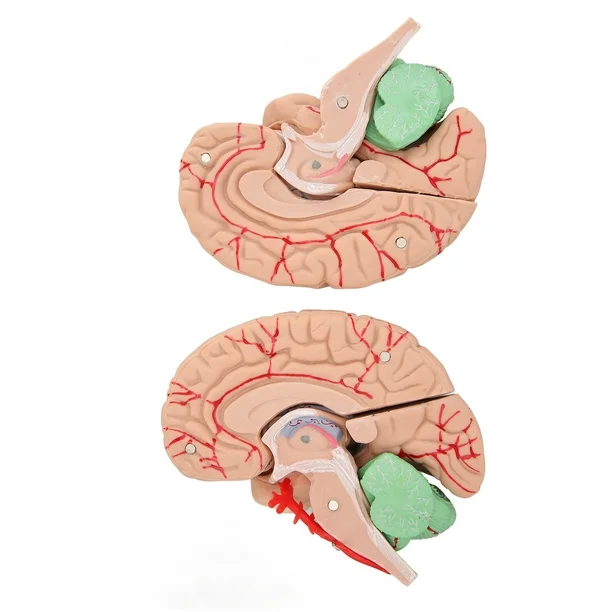
Movement and Exercise for Optimal Brain Health
Incorporating regular physical activity can boost cognitive functionality. Exercise increases blood flow to the brain, promoting mental sharpness. Engaging in aerobic activities, like running or swimming, significantly enhances brain health. Even moderate exercises, such as walking, help maintain cognitive clarity.
Consistency in workout routines is key. Establishing a regular exercise schedule allows the brain to reap long-term benefits. Participating in group fitness activities can also enhance motivation. It fosters social connections that contribute to emotional well-being, further supporting cognitive health.
Innovative workouts, such as dance or yoga, can be particularly beneficial. These engaging activities challenge both the body and mind. They promote coordination, focus, and mental agility. By diversifying workout routines, individuals can enhance overall mental clarity and reduce brain fog.
Implementing Healthy Sleep Habits
Sleep is an essential pillar of cognitive health. Establishing healthy sleep habits can significantly mitigate brain fog. Prioritizing sleep hygiene leads to better quality rest. Creating a calming bedtime routine, including dimming lights, promotes relaxation. This simple adjustment can enhance overall sleep quality.
Moreover, consistency in sleep schedules is crucial. Going to bed and waking up at regular intervals helps regulate internal clocks. This regulation improves sleep quality and cognitive function. A sleep-friendly environment, with minimal noise and darkness, further enhances restfulness.
Avoiding stimulants before bed is also essential. Caffeine and electronic device usage can disrupt sleep patterns. Limiting these substances before bedtime contributes to better quality sleep. As a result, individuals may experience a reduction in brain fog and improved clarity.
Stress Management Techniques to Clear the Mind
Managing stress effectively can greatly reduce brain fog. Stress-reduction techniques can improve mental clarity and focus. Practicing deep breathing exercises helps ground individuals during stressful moments. These exercises promote relaxation and clarity in thinking, enhancing cognitive functioning.
Mindfulness meditation can also be an effective strategy. It trains the brain to focus on the present moment. This practice improves mental resilience and reduces the impact of stress on cognition. Regular mindfulness practice fosters a clearer, more focused mind.
Finally, engaging in hobbies can serve as a form of stress management. Activities like gardening, painting, or playing music offer creative outlets. They provide individuals with a break from daily pressures and enhance mental well-being. By incorporating enjoyable activities into routines, overall cognitive health improves.
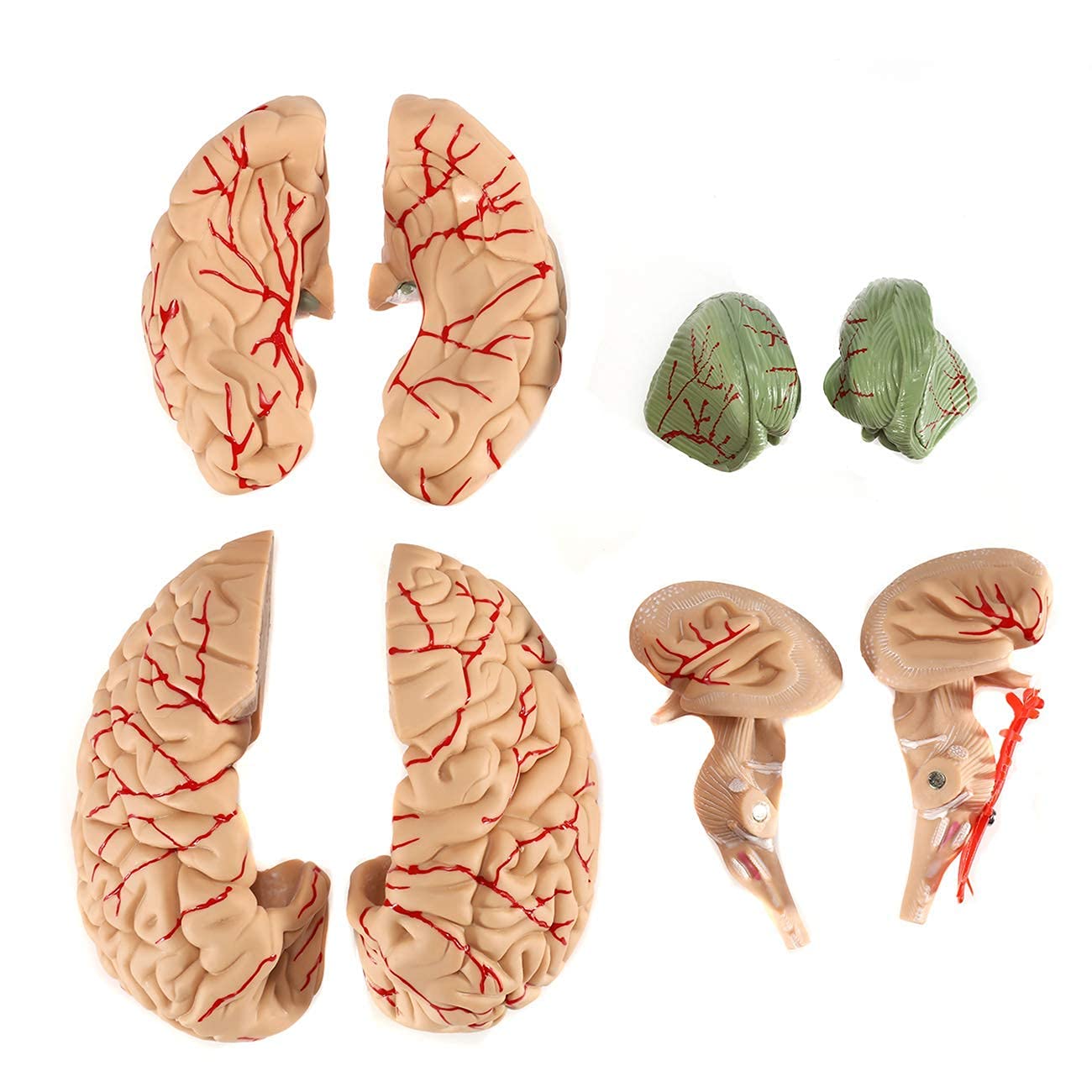
Seeking Professional Help for Persistent Brain Fog
When brain fog continues despite lifestyle changes, seeking professional help is wise. Healthcare providers can offer invaluable guidance and support. They may conduct assessments to identify underlying medical issues. Diagnostic tests can reveal conditions that contribute to cognitive difficulties.
Therapists and psychologists can also provide assistance. Professional counseling helps uncover emotional or psychological triggers of brain fog. Cognitive Behavioral Therapy (CBT) can be beneficial in addressing these concerns. It provides strategies for coping with cognitive challenges effectively.
Additionally, holistic practices may aid in reducing brain fog. Nutritionists can offer tailored dietary plans that nurture brain health. Integrative approaches can significantly improve overall well-being by addressing physical, emotional, and psychological factors. Seeking comprehensive support ensures a multifaceted approach to combat brain fog.
In conclusion, understanding brain fog and its various triggers is critical. By addressing the causes of brain fog, individuals can regain cognitive clarity. Focusing on lifestyle changes, nutrition, exercise, and mental health support is vital. This proactive approach fosters improved cognitive health and enhanced daily functioning. Ultimately, with the right techniques and support, brain fog can be managed effectively.
Conclusion: Moving Forward with Cognitive Clarity
Brain fog can significantly impact daily life, hindering performance and well-being. By understanding the various causes and contributing factors, individuals can take proactive steps towards improvement. Simple lifestyle changes, dietary adjustments, and effective stress management can enhance cognitive clarity.
Moreover, consulting with healthcare professionals can provide valuable insights. Addressing underlying medical issues is crucial for improving cognitive function. The journey towards mental clarity requires patience and persistence.
Embracing strategies for cognitive improvement can lead to a more focused and fulfilling life. With the right approach and support, brain fog can be managed effectively, allowing individuals to thrive. The path to clearer thinking and better cognitive health is a journey worth taking.
